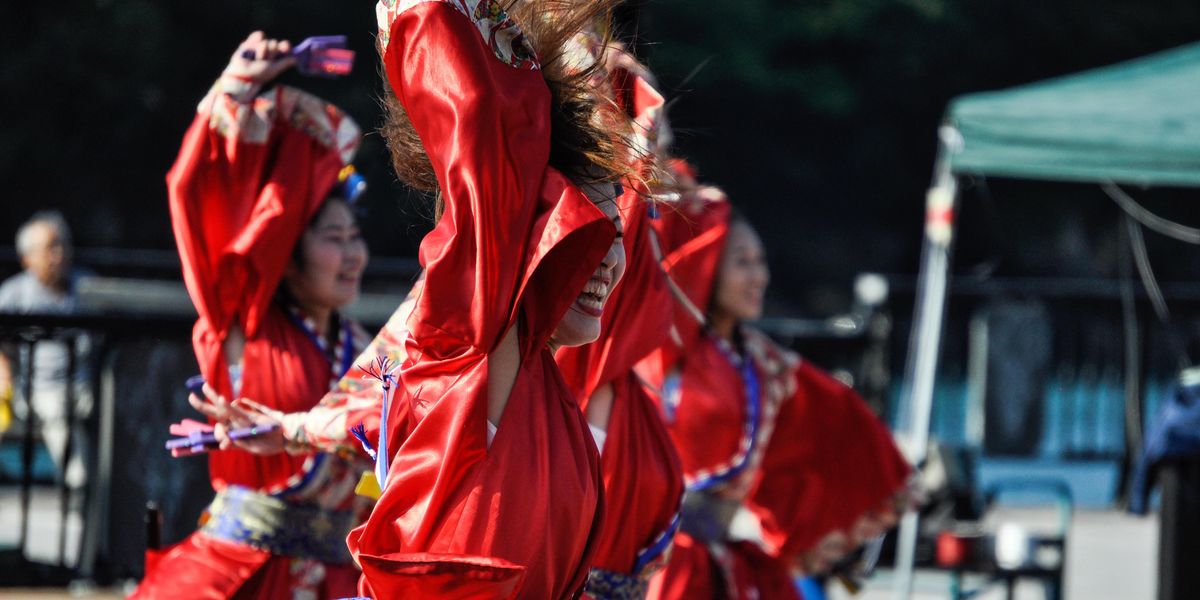What Does It Mean to Be a Healthy Dancer?
Health, as a state of balanced being, encompasses the physical, mental and emotional realms of our livelihood. As a dietitian for dancers, my expertise focuses on using food as a tool to enhance performance and health. And while most dancers work with me to achieve and maintain a healthy lifestyle, what is healthy for one dancer might not be the same for another.
Many dancers associate health with the physical nature of their art. From cross-training regimens to daily food swaps, dancers are constantly working to increase strength, improve stamina, sustain energy levels and refine their technique. But when this focus on the physical becomes too narrow, a dancer’s efforts to be healthy risk a shift to something that is dangerous and unsustainable. I spoke to three other experts from different parts of the field, asking for their definitions of what it means to be a healthy dancer.
A Healthy Dancer is Balanced
“We need to find balance between work and home. Being a dancer is part of you but can be dangerous if it’s the only you. We need to be okay with taking a step back. We are required to be 130 percent at all times, but this just isn’t sustainable.
“It wasn’t until I had a baby when I realized that there is more to life than my own needs and desires. My son Ajax forced me to not only put myself in the backseat, but to also be okay with that.”
—Allison DeBona, first soloist with Ballet West and artistic director of artÉmotion
A Healthy Dancer Holds Multiple Roles
“A healthy dancer has a healthy relationship with their body, food, themself and others. They know when to take a break or rest and participate in key health behaviors, including sleep, hydration, nutrition, movement and self-care. While dance can be a great coping mechanism, someone whose career is dance might need other outlets.”
—Dr. Rachel Goldman, licensed psychologist
A Healthy Dancer Has Support
“Dancers’ mental/emotional health is often overlooked. We are starting to acknowledge that there are many aspects of dance that are emotionally challenging, but we need to do more to support healthier environments. Additionally, without financial security, dancers cannot afford the things that support mental, physical and even social well-being. Being financially insecure increases anxiety, which has a profound impact on dancer health.
“When asked to define health, a younger version of me would have only thought about musculoskeletal and physiological health, including whether or not one is free from disease, free from injury, having enough stamina, strength and control. Now, thanks to years of experience and reading, I know that health goes beyond this.”
—Marissa Schaeffer, licensed physical therapist and strength and conditioning specialist





